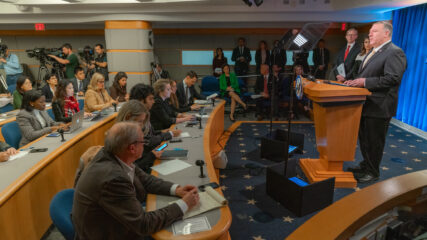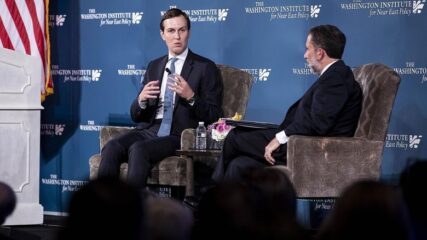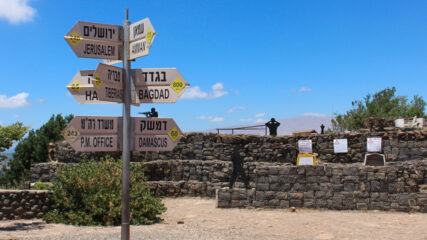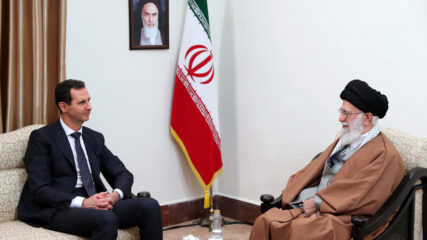The U.S. Peace Plan: A Return to the Rabin Doctrine of Defensible BordersCIE+
The U.S. peace plan offers a return to the security-first approach of former Prime Minister Yitzhak Rabin and, specifically, the concept of defensible borders. On Jan. 29, 2020, Shimon Sheves, former Director-General of Prime Minister Rabin’s office, told Israel Army Radio, “The Trump plan is essentially the Rabin plan” and a “continuation of Rabin’s legacy.” Journalist Ben Caspit, writing in Maariv, called it “a modern incarnation of Rabin’s plan from 25 years ago.”
























